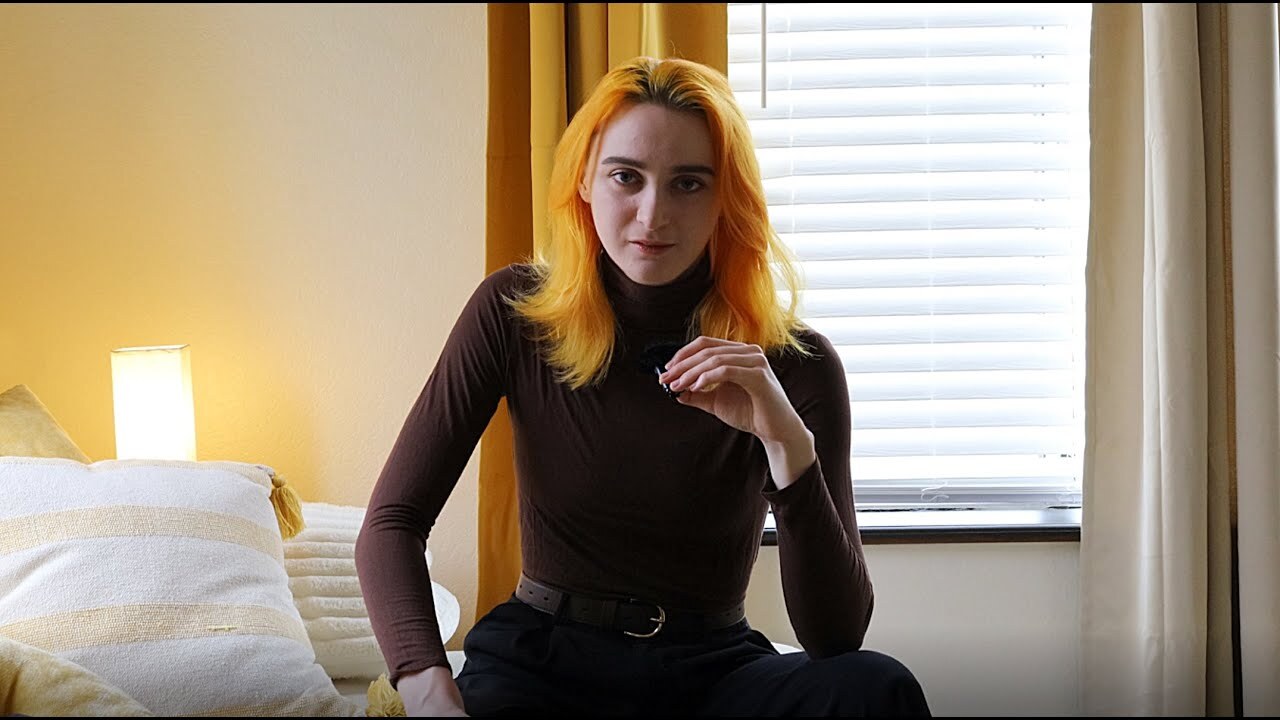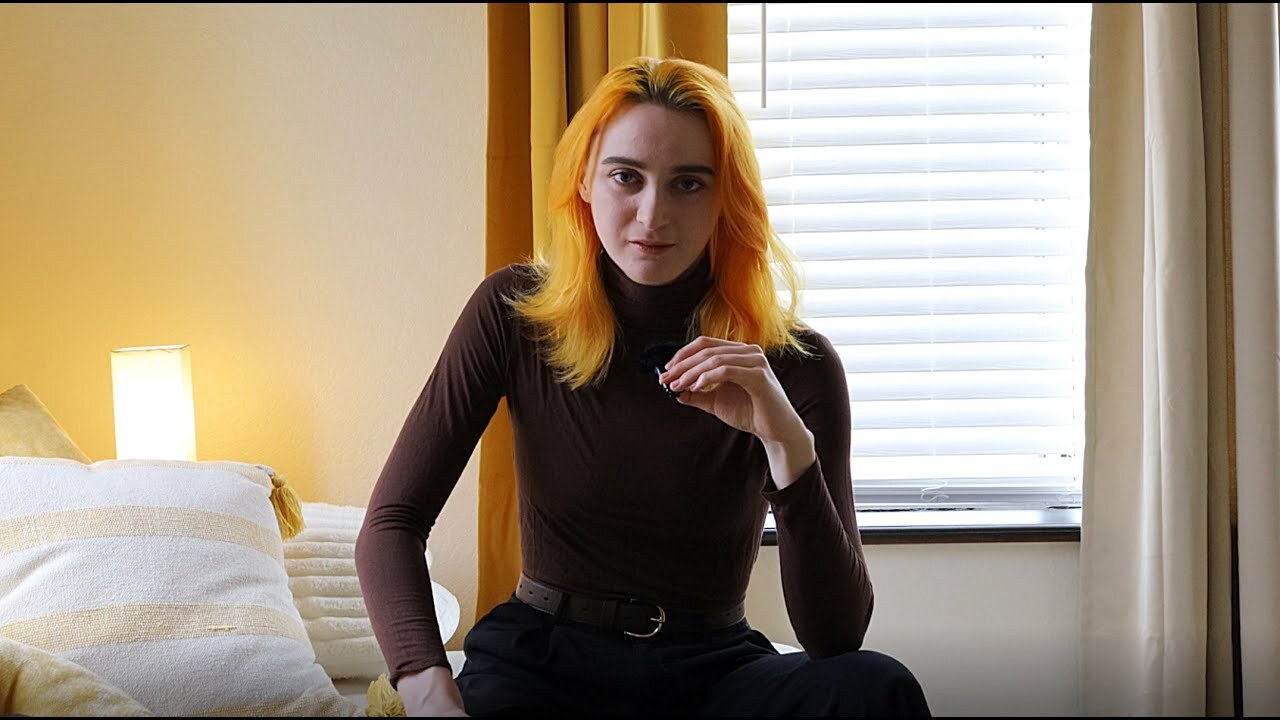Role-play, the internet and parasocial relationships – an explosive mixture that has yet to be defused

Cosplaying is – as the name itselfs implies – a form of role-playing involving costumes. What began as a niche Japanese subculture has nowadays taken the world of pop-culture by storm, with the performance art significantly gaining traction thanks to video games such as Fortnite, Apex Legends or Valorant and – most importantly – the internet.
But online culture has not exclusively benefitted public cosplayers; having more avenues to spread your hobby also means that there are way more avenues to be anonymously harassed than ever before, as detailed by cosplaying influencer NightCove the Fox in a recent video.
The Dangers Of Cosplaying
Due to cosplayers changing both their physical appearance and behavior for the duration of their role-play, they are uniquely easy targets for objectification and parasocial relationships, which is why movements like "Cosplay Is Not Consent" have been initiated since 2013.
With the aim of cosplaying being the thorough imitation of a fictional character, some members of the audience may have difficulties remembering that there's an an actual person behind the performance, conflating them with the character itself. At larger events, for example, this had led to cosplayers being photographed, verbally abused or touched without permission. The advent of events specifically dedicated to the art form, like the World Cosplay Summit, have made them even easier targets.
Some, in an attempt to engage with the cosplayer, pretend to be role-playing themselves, creating a persona that they deem to fit with that of their opposite. This not only often lowers inhibitions, but can also lead to them assuming that the performer is closer to them than may actually be the case, adding to the physical challenges some costumes may bring.
This kind of parasocial behavior can be triggered even easier in online spaces, where the cosplayer may regularly post content of themselves, making viewers feel like they've spent a lot of time with the influencer, founding the subconcious assumption that – conversely – the influencer must feel close to them as well.
The Example Of NightCove
In her video "It's time I was blunt about this", uploaded on July 21 2025, the influencer described her personal experiences with the harassment she was subjected to as a cosplayer.
From having to close her Direct Messages on various social media platforms as a 17-year-old after continously receiving unwanted objectifying and graphic messages to having her business e-mail address spammed with similar content, NightCove claims to have been asked to extend her role-play to implicit situations by strangers for years.
"People have projected their NSFW fantasies onto my friends and I in the past. No amount of innuendos, in-character joking or in-character banter [...] is ever a green flag for people to project their own inappropriate fantasies onto us."
Recently, she claims, these issues have gotten worse due to the rise in casual use of generative AI, with chatbots and deepfakes having been created of the influencer without her permission. Cases of this also happening to other prominent creators had previously already been reported.
According to NightCove the Fox, while she is very thankful for the opportunities – such as turning a hobby into a career – afforded to her by her community, she felt the need to ask select members of her audience to be more mindful of the person behind the costume.
For US-based readers who have made similarly traumatic experiences, free mental health resources are available here.


































